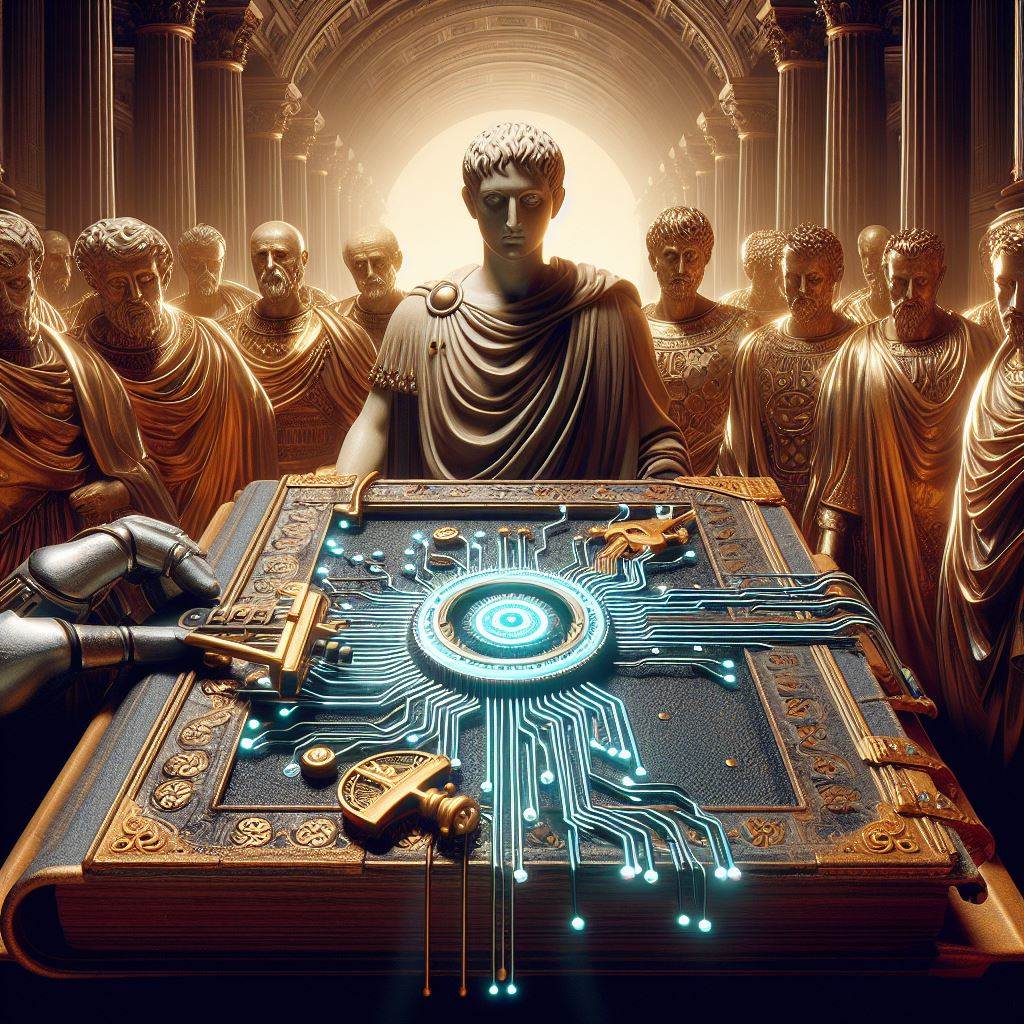
Three students have made a historic breakthrough by leveraging artificial intelligence (AI) to decipher a 2,000-year-old scroll that was charred during the eruption of Mount Vesuvius in 79 AD. The ancient text, previously unreadable due to extensive damage, offers insights into Greek philosophy and daily life in the Roman town of Herculaneum.
Believed to have belonged to Julius Caesar's father-in-law and potentially authored by the Greek philosopher Philodemus, the scroll sheds light on topics such as music, food, and the sources of pleasure in life. The discovery marks a significant milestone in understanding ancient philosophical thought, described by experts as a "revolution" in Greek philosophy.
Discovered in the 18th century in the library of a villa in Herculaneum, the scrolls remained a mystery to scholars due to their extensive damage. However, recent advancements in technology, including high-resolution CT scans and AI pattern recognition, enabled researchers to unravel the contents of the charred scrolls.
Led by Dr. Brent Seales from the University of Kentucky, the breakthrough was made possible through the Vesuvius Challenge, a $1 million prize initiative aimed at deciphering the ancient texts. The winning team, consisting of three students with backgrounds in tech rather than philosophy, developed an AI model capable of deciphering the text by recognizing patterns in the scanned images.
Despite deciphering only 5% of the text so far, the AI model has already revealed valuable insights into ancient Greek philosophy. The translated passages discuss the nature of pleasure and question whether scarcity enhances pleasure, providing a glimpse into the philosophical discourse of the time.
Moving forward, researchers aim to leverage the AI technology to decipher the remaining scrolls, with the ultimate goal of decoding all 800 scrolls scanned from the villa's library. The breakthrough not only advances our understanding of ancient philosophy but also highlights the transformative potential of AI in unlocking historical mysteries.